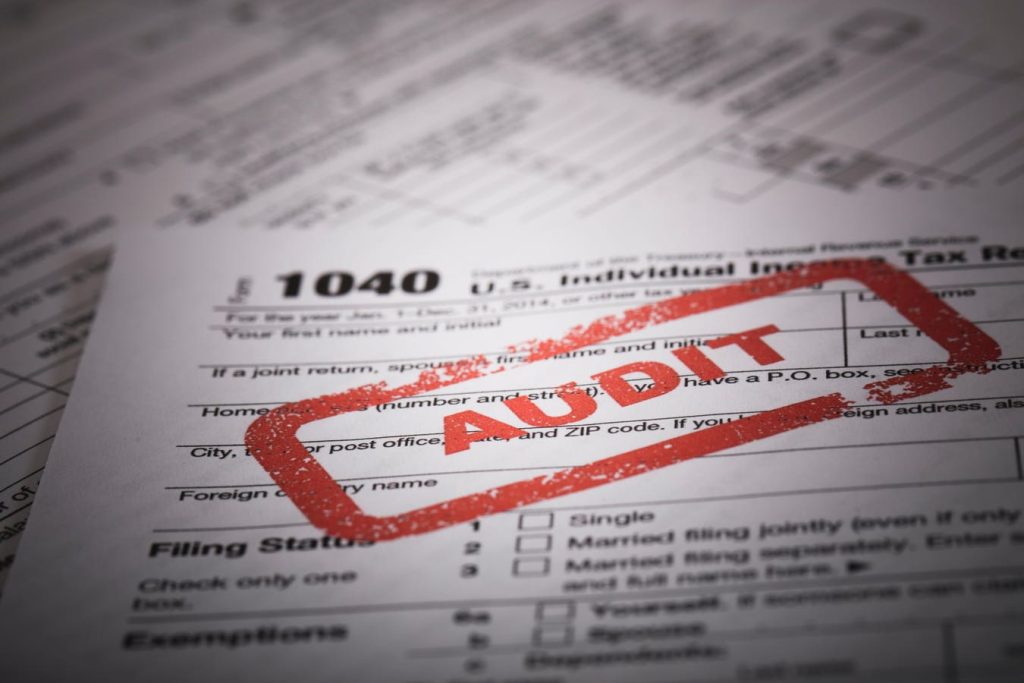Filing taxes can be a stressful time for most people, but the option to file for an extension can help alleviate some of this stress. With the ability to extend the filing deadline to October 15, taxpayers have an additional six months to gather necessary documents and seek professional advice. The process of requesting an extension is easy, as individuals can electronically request Form 4868 through the IRS Free File partner software on IRS.gov. This extension is available to all individual tax filers, regardless of income, and must be filed by April 15, 2024, including an estimate of tax liability.
Despite the appeal of having extra time to file taxes, some may wonder if filing for an extension increases the chances of being audited. However, there is no data to suggest that tax returns filed on extension are more likely to be audited. In fact, filing on extension may actually decrease the risk of an audit, as it allows for more time to accurately prepare and review the return. Rushing to file taxes at the deadline can lead to careless mistakes that may trigger an audit, whereas an extension provides time to carefully consider reporting alternatives and gather all necessary information.
While filing an amended return is not necessarily problematic, it is generally preferred to file correctly the first time to avoid the need for amendments. Amended returns are more likely to be scrutinized, so it is best to take the time to file accurately from the start. Filing for an extension can help prevent the need for amendments by providing the extra time needed to gather all necessary documents and seek professional advice if needed. By utilizing the extension period, taxpayers can reduce the risk of errors and ensure that their returns are filed accurately and on time.
In addition to allowing time for thorough preparation, filing for an extension can also provide flexibility in determining the best time to file between April 15 and October 15. This can be especially beneficial for taxpayers waiting on corrected Forms 1099 or K-1, as well as those who may receive additional forms after the initial filing deadline. By filing for an extension, individuals can avoid the need for amendments due to receiving late forms and ensure that their returns are complete and accurate.
For taxpayers facing debatable points on their return, such as determining the nature of a litigation recovery, seeking professional advice during the extension period can be beneficial. Taking the time to gather all necessary information and consider reporting alternatives can help minimize the risk of errors and increase the chances of filing an accurate return. By filing once and filing correctly, individuals can reduce the likelihood of amendments and ensure that their taxes are prepared in compliance with tax laws.
Overall, filing for an extension can be a valuable tool for taxpayers looking to reduce stress and increase the accuracy of their tax returns. By taking advantage of the extra time provided by an extension, individuals can ensure that their returns are prepared accurately and on time, while also allowing for the opportunity to seek professional advice and gather all necessary documents. Additionally, filing for an extension can help prevent the need for amendments and reduce the risk of errors that may trigger an audit.


